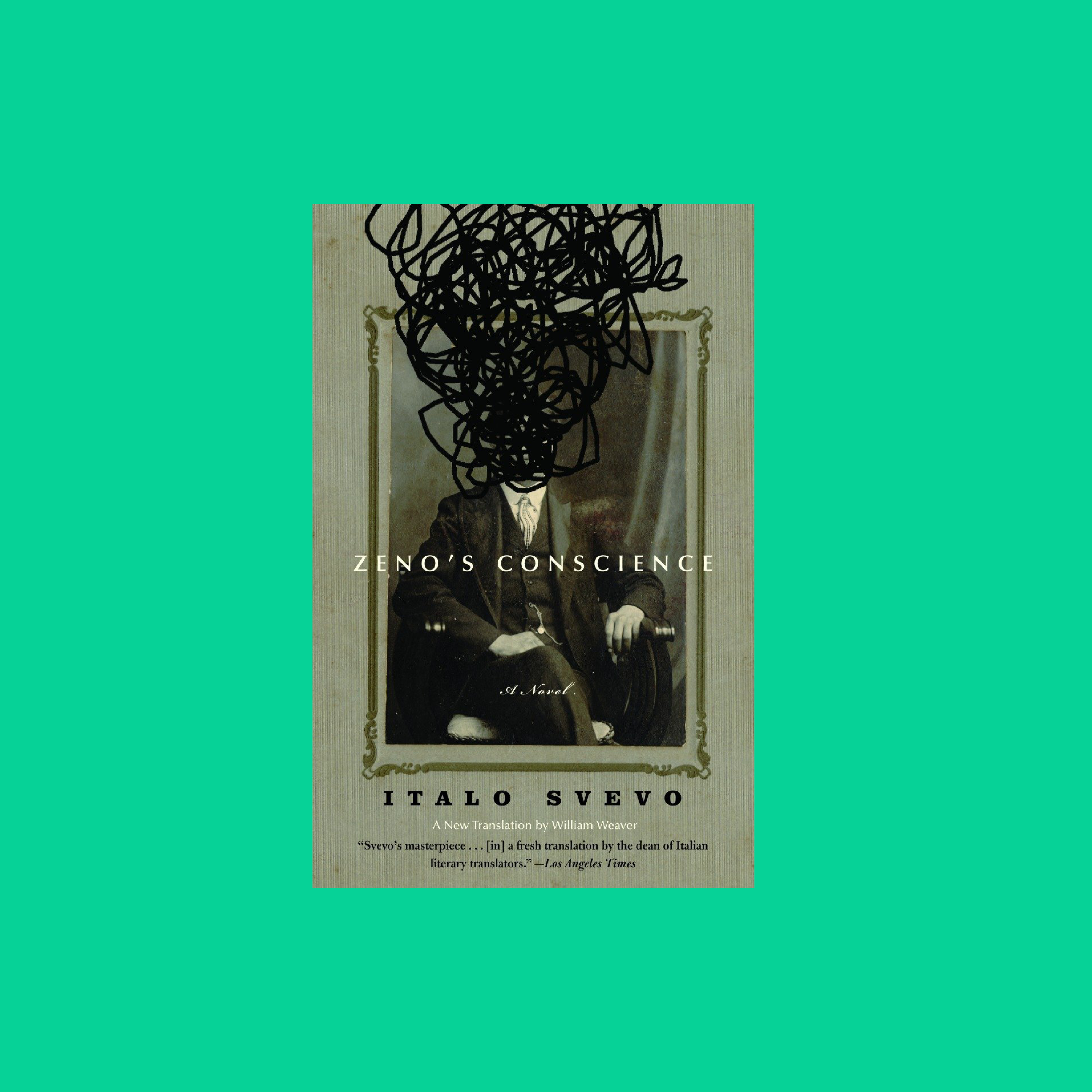APS TOGETHER
Day 16
Zeno’s Conscience by Italo Svevop. 318—p. 336 (“But did that axiom apply also to Guido?”)
September 28, 2022 by Claire Messud
Zeno’s dream—not his first, of course—upsets Augusta because she feels it reveals his continued attachment to Ada (an attachment he is always at exhausting pains to deny—methinks he doth protest too much!). Does the truth lie more in dreams than in wine? “When you are caught dreaming, it’s hard to defend yourself,” Zeno says: stripped of the superego, the id will have its day…
When Zeno decides to quit the office and stop working with Guido, he is amazed to discover he can’t stop going—he’s addicted to work, as he has been addicted to smoking and to his mistress. That someone so devoted to self-scrutiny, so endlessly self-absorbed, would after years understand himself so little—isn’t that one of life’s great paradoxes?
The wise accountant Olivi tells Zeno that he and Guido must liquidate their company, “only as a formality”—the rules of business being as hypocritical and arcane as those of society. Not understanding this, Guido rages against Olivi’s advice; and Zeno quickly crumbles, deferring to Guido on account of his “manly assertion.” So often we ignore our knowledge or instincts when someone else performs authority or certainty…
Zeno’s great revelation is that life is “very original”—a broad statement, but a true one. It’s uncertain, it’s unexpected, it’s filled with serendipities, patterns, emotions—but something as simple as Zeno’s childhood question “am I good or bad?” has no answer, even decades later, for “the adult who had already passed the midpoint of his life.”
…What he decides, hilariously, is that “We could…show ourselves to be good, very good, always good, and this was what mattered.” Zeno, indecisive though he is, is the opposite of Hamlet, who says to his mother, “Seems, Madam? Nay, it is. I know not ‘seems.’”—but in the 20th century, seeming is all…
